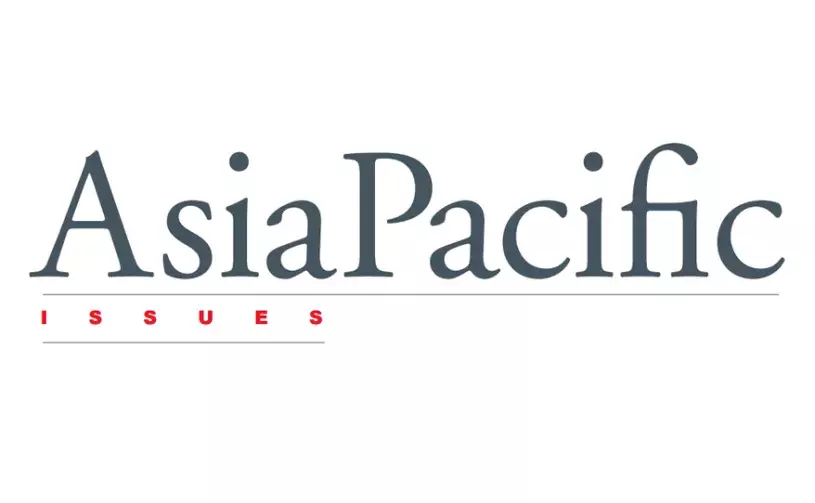Error message

Despite widespread and growing "mass disturbances" in China in recent years, there is little indication of increased public interest in promoting liberal democracy. A key part of the explanation is that, in China, capitalist economic development has emerged from a socialist, planned economy characterized by substantial economic equality. In this context, the emergence of capitalism has brought both greater economic inequality and new forms of dependence on the state. The result is that declining sectors (such as laid-off state-owned enterprise workers) have incentives to support Chinese Communist Party rule, in the hope that the Party will make good on its socialist promises. Meanwhile, rising sectors—and particularly private entrepreneurs—have reason to fear that political reform might threaten their economic prosperity and privileges. In short, China's unique combination of state-led late development and a socialist past has given both the "winners" and "losers" of economic reform a stake in maintaining the political status quo.
Despite widespread and growing "mass disturbances" in China in recent years, there is little indication of increased public interest in promoting liberal democracy. A key part of the explanation is that, in China, capitalist economic development has emerged from a socialist, planned economy characterized by substantial economic equality. In this context, the emergence of capitalism has brought both greater economic inequality and new forms of dependence on the state. The result is that declining sectors (such as laid-off state-owned enterprise workers) have incentives to support Chinese Communist Party rule, in the hope that the Party will make good on its socialist promises. Meanwhile, rising sectors—and particularly private entrepreneurs—have reason to fear that political reform might threaten their economic prosperity and privileges. In short, China's unique combination of state-led late development and a socialist past has given both the "winners" and "losers" of economic reform a stake in maintaining the political status quo.







